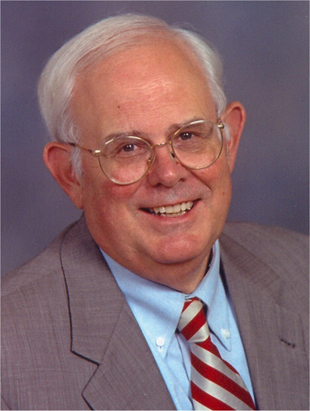Let's take the time to get Mental Health reform right
Governor Pat McCrory and DHHS Secretary Aldona Wos deserve credit for trying to sort out and find solutions to our Mental Health program. North Carolina's 2001 mental health "reforms" have been a disaster and the McCrory administration is the first to seriously address them.
North Carolina's reforms resulted from the 1999 Supreme Court "Olmstead" decision, which said, "institutional placement of persons who can handle and benefit from community settings perpetuates unwarranted assumptions that persons so isolated are incapable of or unworthy of participating in community life." Second, "confinement in an institution severely diminishes the everyday life activities of individuals, including family relations, social contacts, work options, economic independence, educational advancement, and cultural enrichment."
The mandate was to "de-institutionalize" care for the mentally ill from state hospitals to community-based providers. But far too many communities didn't have appropriate, adequate or experienced available providers. Local hospitals frequently had neither the capacity, the professional expertise to treat them nor want the financial liability. Too many providers abused or over-charged for services, because the state failed to clearly design parameters, compounding the problem by further failing to properly oversee the reforms. Taxpayers paid millions for the failures.
Some say care for mentally disturbed or substance abusers should be a family responsibility, charging the families are uncaring or irresponsible. Unless you have walked in their shoes, as I have, you will never understand the suffering and despair these families endure. Not only do they exhaust their financial resources but also their emotional capital and endurance. Family relationships are frequently shattered, leaving those needing the help alone, broke and homeless, literally wandering the streets, with emergency rooms and jails their ultimate destination.
Reforms reduced the number of psychiatric beds in North Carolina by one-half. An estimated 150,000 visits to hospital emergency rooms are made each year by the mentally ill. Patients often wait for days until scarce psychiatric beds become available. Sadly, 13 percent will show up again within 30 days.
17 percent of those in local jails reportedly have mental or substance problems, frustrating law enforcement officials ill equipped to provide for them, crowding their jails and straining their budgets.
Some mental health advocates criticized McCrory's "Crisis Solutions Initiative" for offering too few details, an unwarranted criticism. The last thing we need is another ill-conceived remedy that doesn't fix our mental health mess.
To work effectively, any "reform" must be carefully designed with expected outcomes, parameters, benchmarks and oversight built in. While government is often ineffective, neither was the private sector the solution in mental health reform. And though it might take longer and perhaps cost more, a thoughtful up front investment is more cost effective in the long run. Our mistakes have proved the theorem that if you don't have the time or money to do it right the first time how are you ever going to find those resources to fix it? This time it is more important to get it right than get it fast.
McCrory and Wos are correct to carefully establish realistic goals and guidelines, study what is working and bring all stakeholders to the table to find solutions. In fact, this sound approach would be well advised in other reforms like Medicaid, transportation, economic development and the environment.
Publisher's note: Tom Campbell is former assistant North Carolina State Treasurer and is creator/host of NC SPIN,
a weekly statewide television discussion of NC issues airing Sundays at 11:00 am on WITN-TV.
Contact Tom at NC Spin.


























